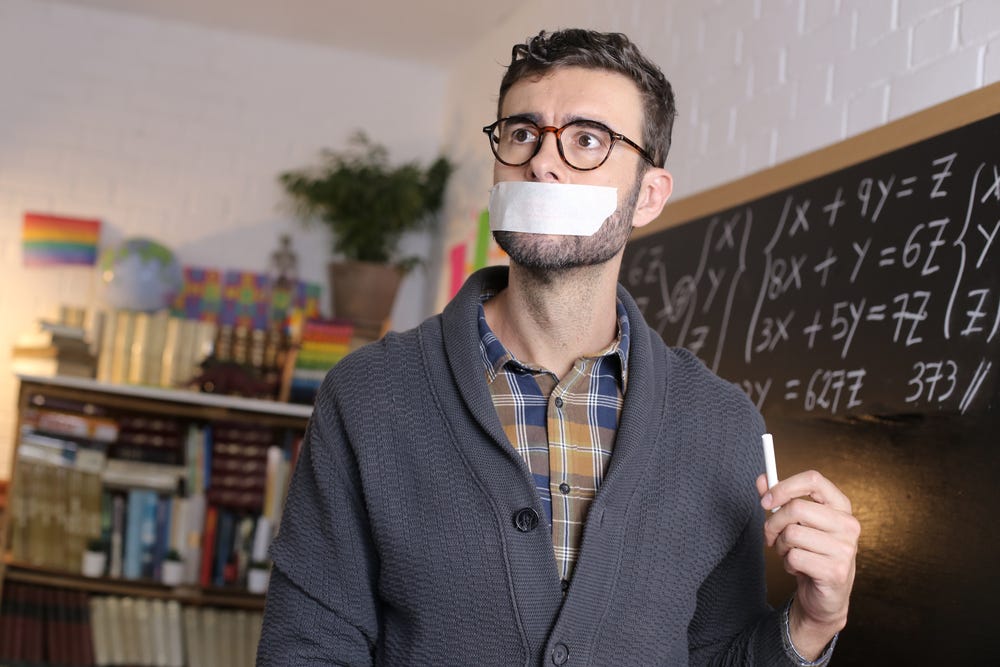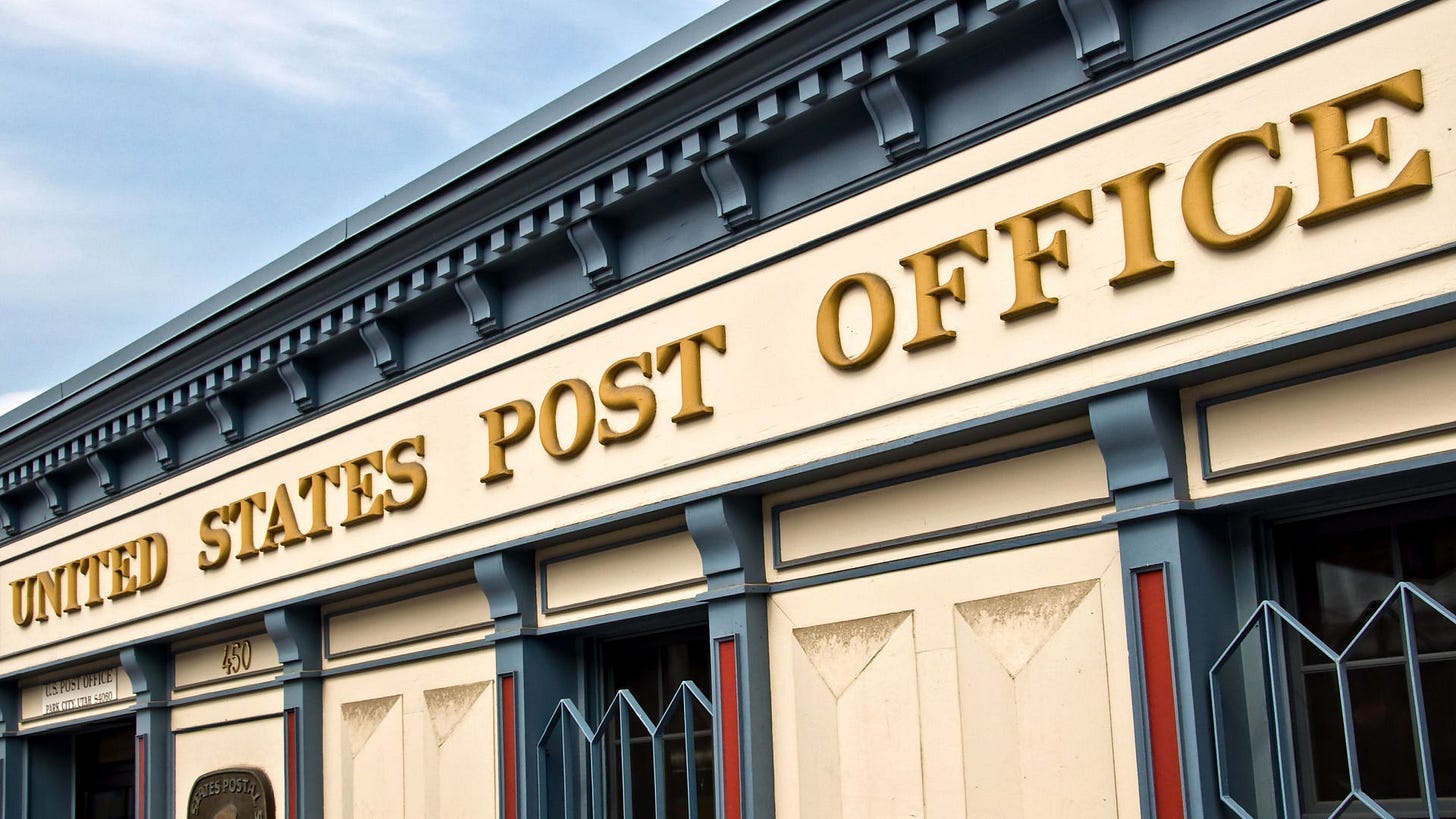E-Pluribus | January 26, 2023
Academic freedom must be for all; religious freedom is before the Supreme Court again; and some Harvard graduates are concerned about the school and free speech.
A round-up of the latest and best writing and musings on the rise of illiberalism in the public discourse:
Keith E. Whittington: Academic Freedom for Whom?
Ron DeSantis is scoring high marks with Republicans and at least some conservatives as a warrior against wokeness. However, Keith Whittington writes at The Dispatch, there are legitimate concerns that what DeSantis is doing regarding academic freedom in Florida is not simply leveling the playing field, but rather trying to give the other side a taste of its own medicine.
Some recent more visible moves by officials in Florida are concerning and will require careful scrutiny, but only time will tell whether they overstep the limits of political oversight of state universities. As the governor’s office was quietly seeking information about the content of college classes, it was more publicly demanding information about the university expenditures on “all staff, programs, and campus activities related to diversity, equity and inclusion and critical race theory.” The request was framed as part of the governor’s budget planning process. It appears the government learned that there is a lot of such activity on state university campuses, which costs a fair amount of money in absolute dollars but which adds up to a pittance relative to the size of university budgets.
The administrative infrastructure of American universities has grown at a brisk pace in recent decades, and there is now a vast amount of student-facing programming on college campuses that is designed and operated entirely by administrators. Administrators do not, and should not, enjoy academic freedom. The size and scope of their activities on campus are of legitimate interest to both university leaders and to state policymakers. It would be highly unusual, and ultimately not a very good model for university governance, for legislators—or even trustees—to attempt to micromanage offices of campus life and student affairs at state universities, but the non-curricular activities of universities are not immune from political oversight.
Unfortunately, the politicians in Florida have not made a sharp distinction between scholarly and other activity at state universities—and it is hard to escape the conclusion that they have done so intentionally. University officials have gotten the message that the politicians do not like anything that can be broadly cast as “woke.” They act accordingly. The presidents of the more than two dozen schools in the Florida College System issued a remarkable collective statement proclaiming that they would scrub their campuses of “all initiatives, instruction, and activities” that promote disfavored ideologies. Although nodding toward academic freedom commitments, the announcement cannot be squared with any serious commitment to free intellectual inquiry at a collegiate level. In practice, faculty at state institutions are instructed to steer clear of any politically controversial content.
Read the whole thing.
Damon Root: SCOTUS Will Decide Whether Federal Law Shields a Religious Postal Employee Who Refuses To Work on Sundays
Early New Testament saints counted it an honor to suffer injustice for their faith, and, while modern believers may feel the same, they’re also more inclined to go to court as well. The Supreme Court is due to hear the case of a postal worker fired for his refusal to work on Sundays, and the outcome could change the standard for religious accommodation in the workplace, reports Damon Root at Reason.
The case is Groff v. DeJoy. Gerald Groff is a former mail carrier who quit the USPS after being disciplined for refusing to work on Sundays. He argues that he was entitled to a religious accommodation under both Title VII and the Equal Employment Opportunity Act of 1972, which amended the 1964 Civil Rights Act by defining "religion" as including "all aspects of religious observance and practice, as well as belief, unless an employer demonstrates that he is unable to reasonably accommodate to an employee's or prospective employee's religious observance or practice without undue hardship on the conduct of the employer's business."
[ . . . ]
Groff lost last year before the U.S. Court of Appeals for the 3rd Circuit, which held that granting him a workplace religious accommodation would have imposed an undue hardship on the USPS. Groff's refusal to work on Sundays, the appellate court said, "created a 'tense atmosphere'" as other workers "had to work more Sundays to cover Groff's absences," which itself created "resentment towards management." The court further stated: "Groff's absence also required the other carriers to deliver more mail than they otherwise would have on Sundays."
The 3rd Circuit based its decision in significant part on Trans World Airlines v. Hardison (1977), in which the Supreme Court said that requiring an employer "to bear more than a de minimis cost" to make a religious accommodation "is an undue hardship." Religious activists, including social conservatives, maintain that Hardison unduly favors employers over workers. Groff and his lawyers argue that the Court "should revisit and disapprove Hardison's definition of undue hardship."
Read it all here.
Finn McCole: Harvard Alumni Form Group to Fight for Free Speech on Campus
Some alumni of Harvard University have seen enough to convince them their alma mater has a free speech problem. Finn McCole of the College Fix reports on the formation of a new Harvard Alumni for Free Speech organization to try to help turn the tide.
Kurzon decided to do something about it. Along with fellow Harvard alumnus John O’Donnell, who graduated from its business school in 1977, the two help lead the new Harvard Alumni for Free Speech group.
“If a college does not have free speech,” Kurzon said, “what is it for?”
Harvard has been in the news recently for incidents relating to limitations of free speech.
In April 2022, Harvard University canceled a talk by philosopher Devin Buckley on the topic of British Romanticism due to her views on transgenderism.
Harvard scholar Carole Hooven was also the target of a cancel culture campaign in 2021 for her views on “biological reality.”
And the youngest black professor ever tenured at Harvard, Roland Fryer — an economist whose research upended the progressive narrative on topics such as bias, racism and policing — was canceled at the university in what’s been called an “ideological purge.”
The university last year also required an online training for all undergrads that taught that calling someone by “the wrong pronoun” is “abusive behavior.”
HAFFS argues that protecting free speech is important for academic discovery, even if some people find certain content disagreeable.
“Most issues can be fixed if all viewpoints can be shared,” because if the “principles of free speech are protected, truth will win out,” O’Donnell told The College Fix in a telephone interview.
Read it all.
Around Twitter
Note: Yesterday’s Around Twitter included some tweets from the Foundation for Individual Rights & Expression about “the case of a Texas journalist arrested for asking a question.” For more context on the question and the entire saga, click here.
The Taliban recently banned women in Afghanistan from higher education. The Open Society University Network is working on how to fill the gap:
David Keating of the Institute for Free Speech on an incredible tax-on-speech proposal in North Dakota:
And finally, tech industry DEI departments are taking it on the chin:










